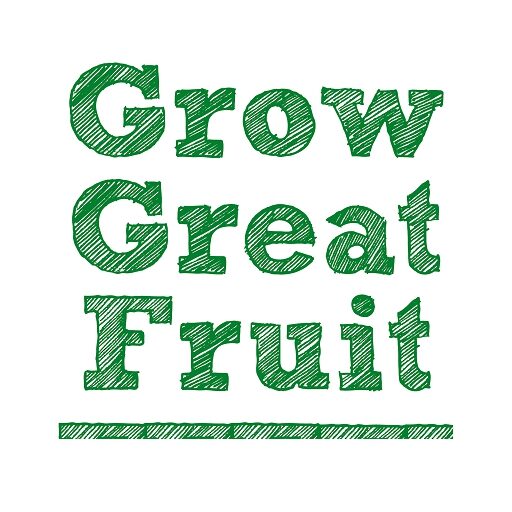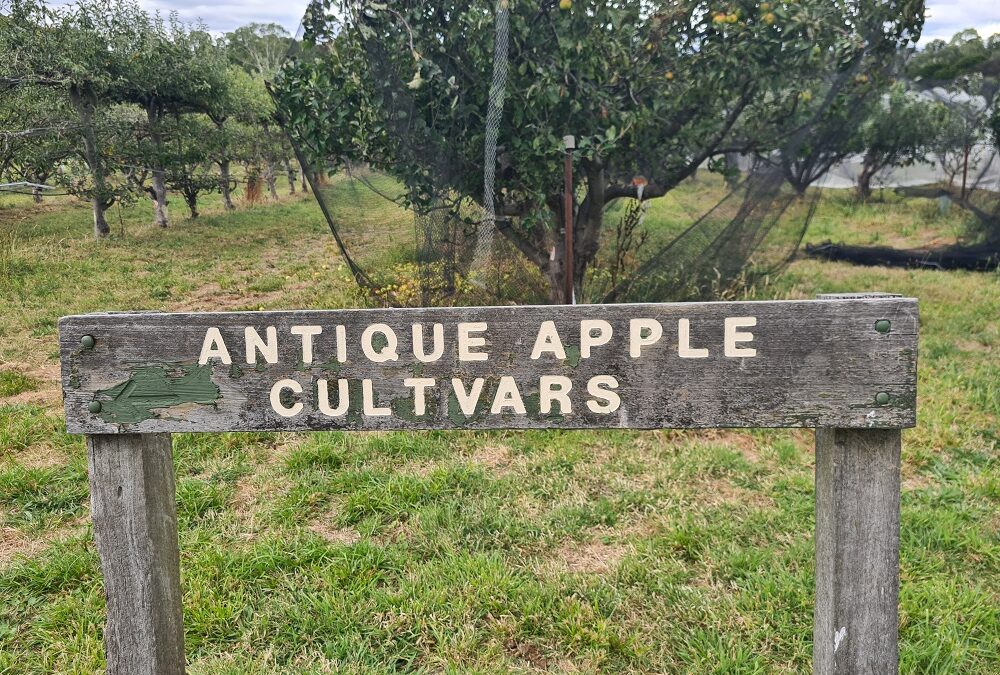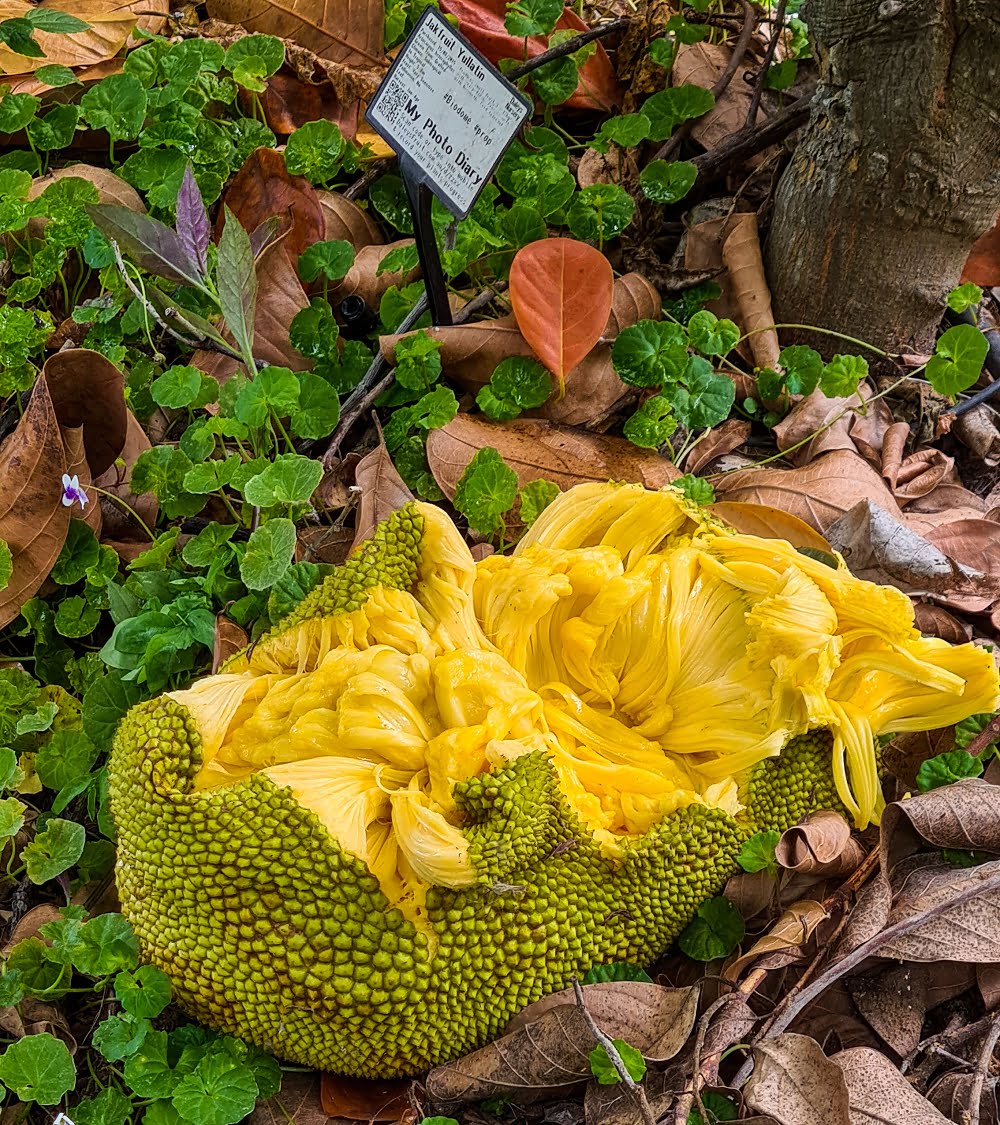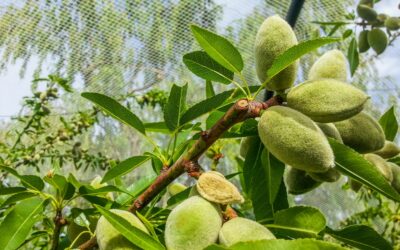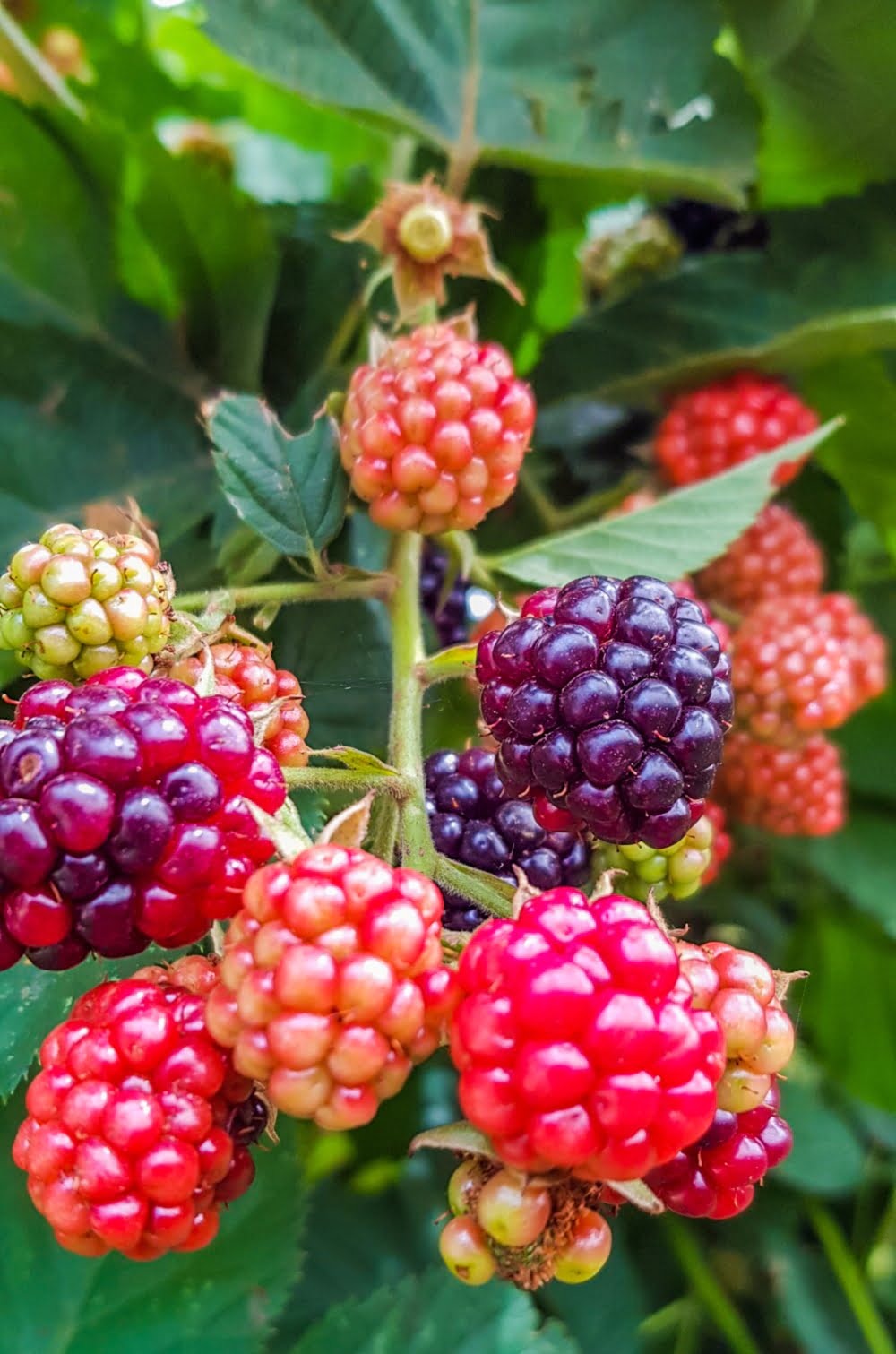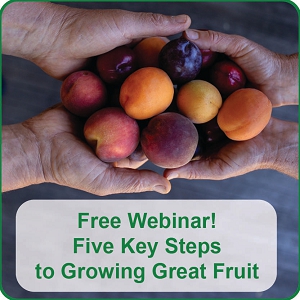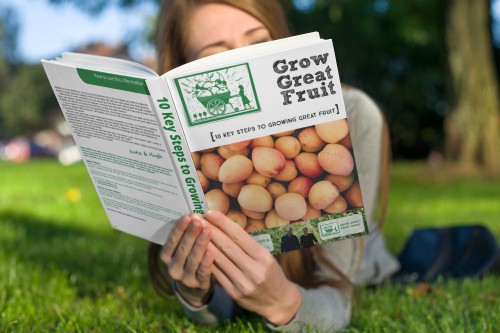Estimated reading time: 5 minutes
How many heritage apple varieties have you ever seen growing?
Probably not many, right? And you’re not alone. Even keen fruit growers (like you probably are) have often not had the opportunity to see some of the older heritage fruit varieties actually growing, let alone have the chance to taste them.
Related Articles
Tips for growing subtropical fruit
Sub-tropical fruit trees include dozens of exotic and interesting varieties that can expand the diversity in your garden.
When should you pick your almonds?
Picking almonds at the right time is key to good storage, and recording the names of the varieties you plant helps too.
Expert tips on growing organic berries
Berries are one of the easiest and most successful fruits to add to your garden if you’re looking for quick results.
That’s why collections such as the one at Petty’s Orchard are so important.
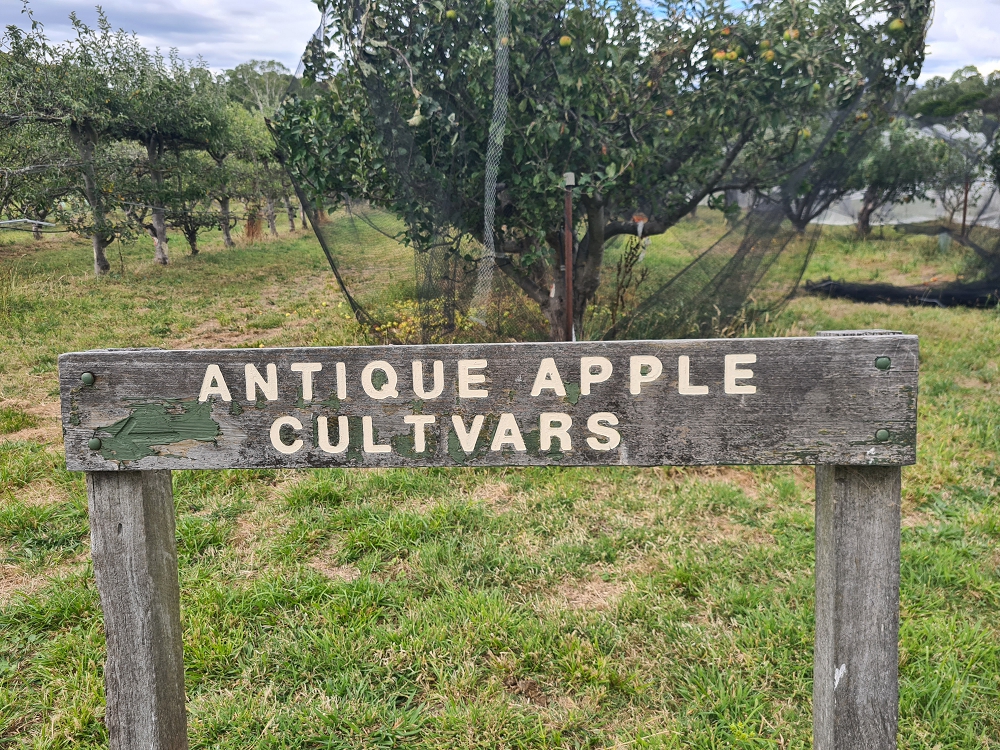
Petty’s Orchard
Petty’s Orchard is in Templestowe, one of the eastern suburbs of Melbourne. The location, amongst the mansions of one of Melbourne’s oldest and wealthiest suburbs, is quite extraordinary.
Petty’s is famous for being one of Melbourne’s oldest and last-remaining commercial orchards. It was started by Thomas Henry Petty in 1911. Thomas Henry was the first of three generations of the Petty family to manage the orchard prior to Melbourne and Metropolitan Board of Works buying the property in 1981.
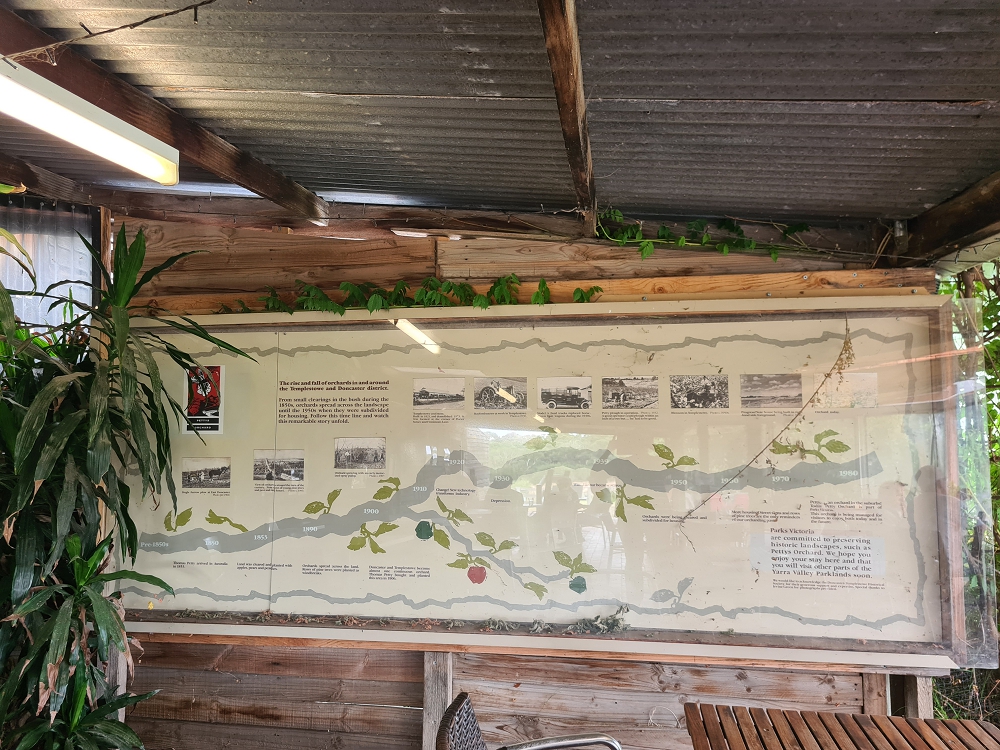
Since then, a number of government agencies (currently Parks Victoria) have owned and administered the 44-hectare site.
The property is leased to Yarra Organics, a family business that runs twenty-five hectares of the property as an organically-certified commercial orchard.
They grow a range of organic fruit, and run an organic food shop and cafe. The cafe includes some lovely posters (see above) showing the orcharding history of the district.
The Heritage Apple Block
We always love to visit an organic orchard, but on this occasion, that’s not what we came for.
The property also includes a four-hectare heritage fruits collection. It was originally called the ‘Demonstration Orchard’, but these days it’s known as the Heritage Block.
This part of the farm is managed by the fabulous Heritage Fruits Society (HFS). We’re birds of a feather and have previously had nerdy apple chats and swapped scion wood with them.
But here’s the really exciting bit…
The collection includes more than 250 varieties of old or rare apple trees and other types of fruit trees. It’s one of the more comprehensive collections we’re aware of in Australia.
We’re lucky enough to have special access because our long-term Grow Great Fruit member Bernie is also a long-term vollie for the HFS. We’d like to give them a big shout-out for generously donating apples for the Applefest display.
Heritage apple display at Harcourt Applefest
We’re always happy to look at apples, but this visit had a purpose. Every year we manage the Fruit Growers Tent at the Harcourt Applefest.
We create a display with as many different varieties of apples and pears as possible. We also spend the day giving people tastes and talking to them about apples.
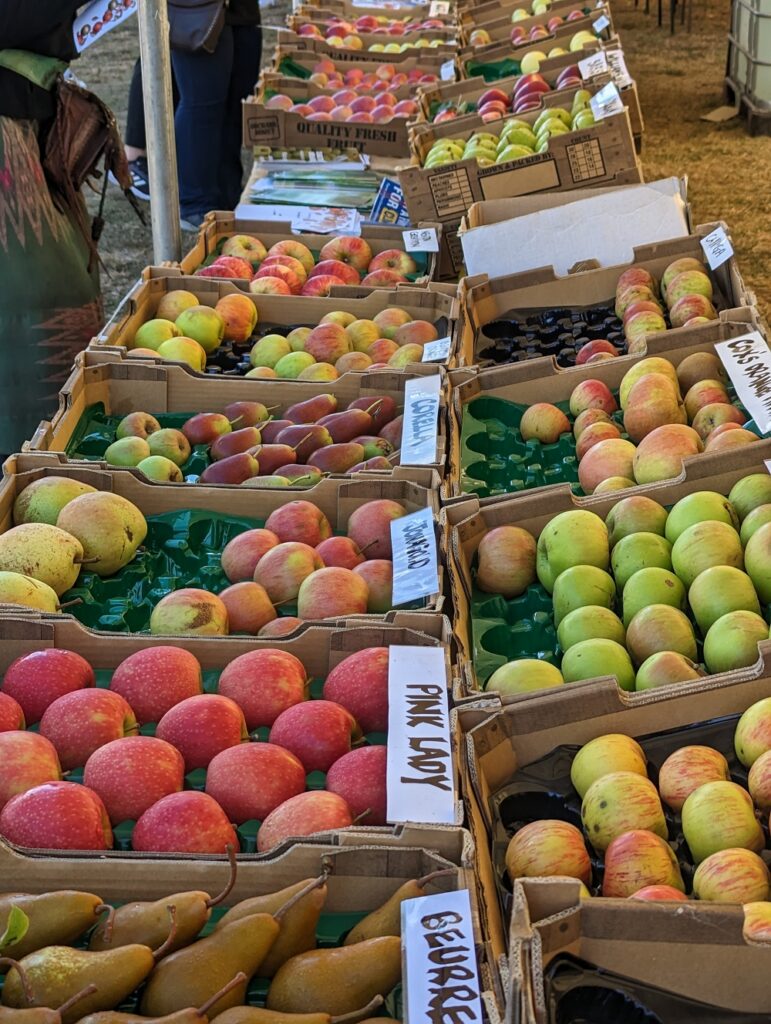
It’s our way of preserving one of the original purposes of the Applefest, which was to showcase and educate people about apples.
Many Harcourt growers and locals contribute apples for the display. It’s easy to get modern varieties, and we can usually lay our hands on some of the older varieties that are mostly out of fashion like Golden Delicious, Red Delicious, Granny Smith, and Jonathan.
But the real heritage varieties? The ones most people haven’t heard of? They’re much harder to find. That’s where Petty’s comes in.
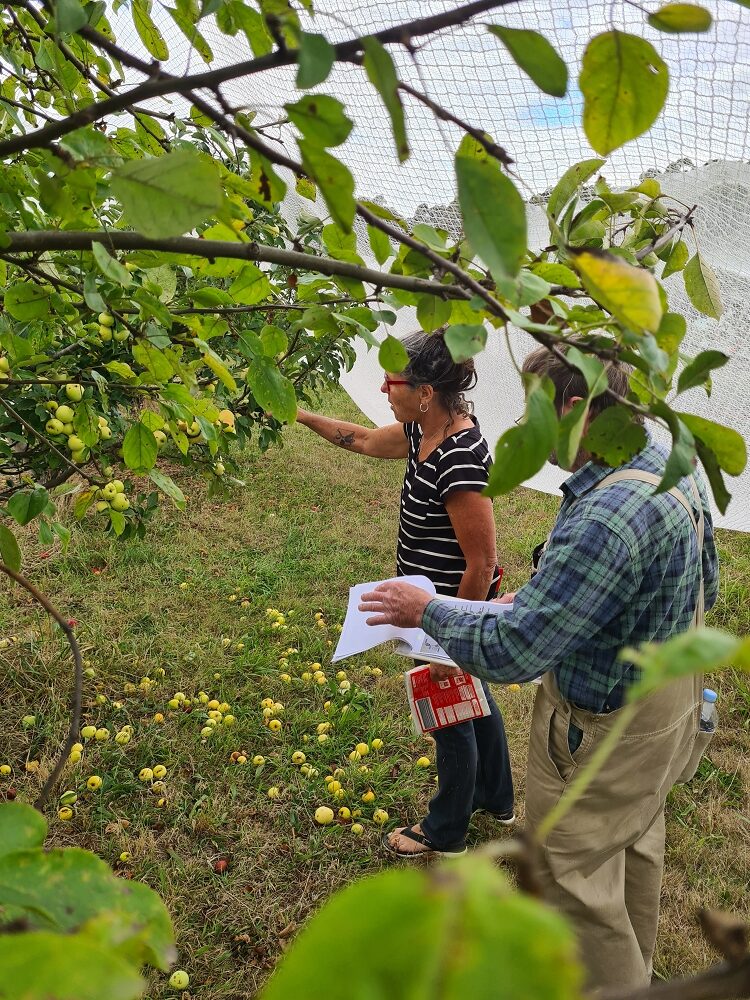
The Applefest is on the long weekend in March, which is at the beginning of the apple season. Of the 250 varieties in Petty’s Heritage Block, not all are ripe at that time, but a lot are.
The trees are coded rather than named. Luckily, we had the man with the know-how (and a comprehensive list). Bernie was able to decipher the varieties for us so we could accurately label them for the display.
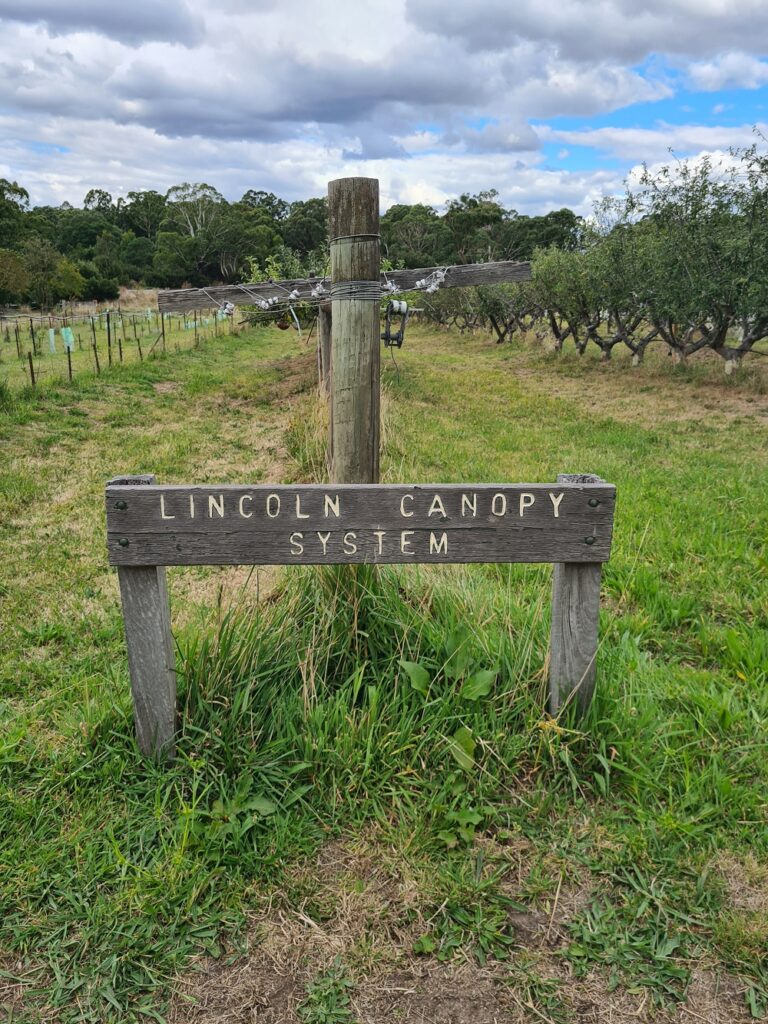
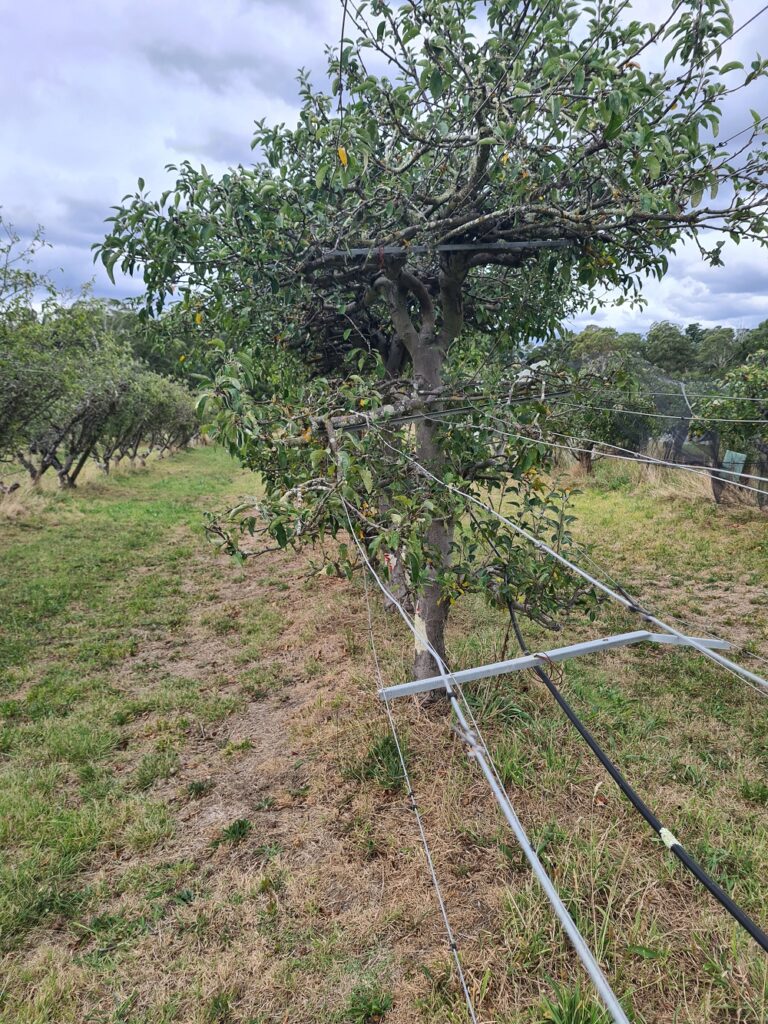
Tree training systems
As well as being a fabulous collection, the Heritage Block also has an educational aspect. A number of different tree training systems are on display so visitors can see what they actually look like and how they work in practice.
The organic shop and cafe are open to the public, (but we’d recommend checking their opening hours before your visit).
However, if you’d like to connect with the Heritage Block, get in touch with the Heritage Fruits Society. They have regular volunteer opportunities as well as occasional tasting days.
It’s a wonderful way to meet other fruit nerds and get to know your heritage fruit varieties up close and personal.
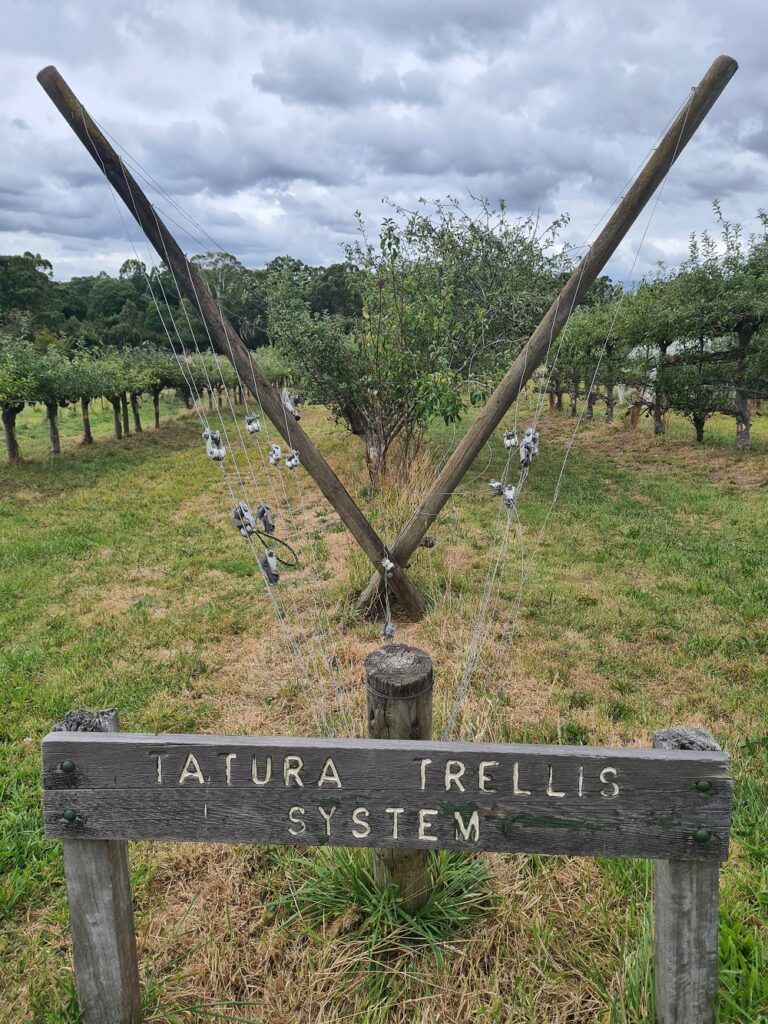
Related Articles
Tips for growing subtropical fruit
Sub-tropical fruit trees include dozens of exotic and interesting varieties that can expand the diversity in your garden.
When should you pick your almonds?
Picking almonds at the right time is key to good storage, and recording the names of the varieties you plant helps too.
Expert tips on growing organic berries
Berries are one of the easiest and most successful fruits to add to your garden if you’re looking for quick results.
